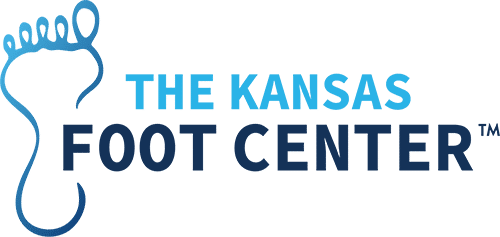The Relationship between Plantar Fasciitis and Heel Spurs
Let’s think of some famous pairs. Peanut butter and jelly. Abbot and Costello. Statler and Waldorf. How about plantar fasciitis and heel spurs?
Okay, so that last pairing might not be as well known to the general public, and they’re not really as inseparable at the others in the list. But it is true that they’re often present in the same feet. But why? And which one is really the more important problem?
We’ll start with cause and effect. Plantar fasciitis is usually first on the scene. In this condition, the long band of fibrous tissue (called the plantar fascia) stretches, or even tears a bit, just in front of the heel. Because of these stretches and strains, deposits of calcium begin to form and project forward from the heel bone, at the point where the plantar fascia is stretching and pulling away. That’s the heel spur, and although they’re usually pretty small they can grow to half an inch in length.
Because the conditions are so frequently found together during heel pain examinations, and heel spurs are generally the secondary condition, may people believe that they are the bigger problem. However, this is a mistaken conclusion. In fact, on their own, heel spurs often cause no noticeable symptoms or pain at all! It’s actually the soft tissue injury rather than the bone spur that typically causes the brunt of the discomfort. Consequently, treating the plantar fasciitis is usually sufficient to eliminate the pain, even if the bone spur is left in place.
Any heel pain associated with plantar fasciitis and heel spurs almost always can be resolved through conservative therapies, such as rest, stretching, or splinting. However, in rare cases pain persists despite these interventions, possibly due to the bone spur pushing on sensitive surrounding tissues. If this is the case for you, we may recommend a surgical operation to release or lengthen the tight plantar fascia as well as remove the spur.
Regardless of the source of your heel pain, the Kansas Foot Center in Wichita is specially equipped to provide state-of-the-art care tailored to your lifestyle and needs. An aching heel should “spur” you on to give us a call at 866.222.5177
